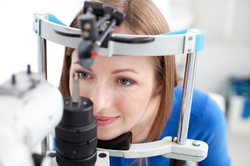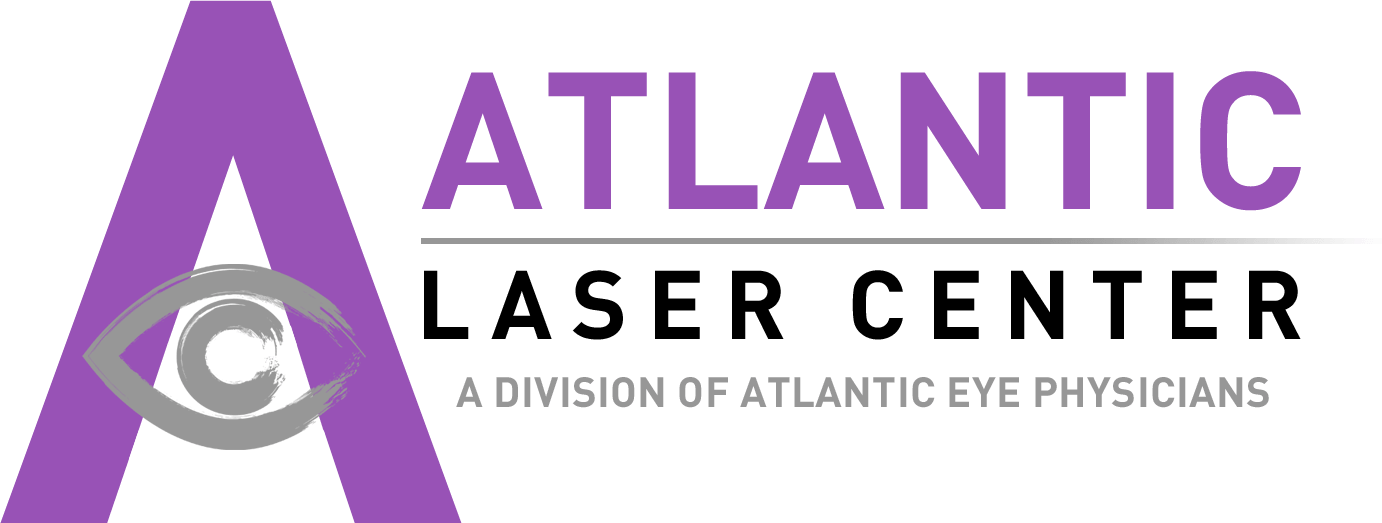Advanced Screening Can Determine if You Are a Good LASIK Candidate
 LASIK is one of the most popular elective procedures in the country. The quick, minimally invasive surgery can significantly improve your vision. In most cases, it can reduce or even eliminate your need for glasses or contacts. However, while the procedure is safe and effective, it is not right for everyone. To determine your candidacy for LASIK, Dr. Goldberg will carefully evaluate your eye health, overall wellness, and treatment goals. If he decides that LASIK is not right for you, we offer several additional treatments at our Monmouth County practice that may be more suited to your needs.
LASIK is one of the most popular elective procedures in the country. The quick, minimally invasive surgery can significantly improve your vision. In most cases, it can reduce or even eliminate your need for glasses or contacts. However, while the procedure is safe and effective, it is not right for everyone. To determine your candidacy for LASIK, Dr. Goldberg will carefully evaluate your eye health, overall wellness, and treatment goals. If he decides that LASIK is not right for you, we offer several additional treatments at our Monmouth County practice that may be more suited to your needs.
What Is LASIK?
LASIK stands for Laser-Assisted In-Situ Keratomileusis. During this procedure, Dr. Goldberg will use a state-of-the-art IntraLase® laser to create a thin flap in the surface of your cornea. Then he will use an Allegretto Wave® excimer laser to carefully reshape your cornea. This allows him to correct the refraction of light so that it focuses correctly on the back of your eye. For maximum precision, Dr. Goldberg will combine the Allegretto laser with Wavefront technology. This advanced computer system will create a three-dimensional map of your eye. Then your surgeon can calibrate the laser to match these very precise dimensions. Once the surgery is complete, Dr. Goldberg will lay the flap back down over your eye, and it will heal on its own in a few days.
Ocular and Vision Considerations
Before deciding whether LASIK is right for you, you will discuss your treatment goals with Dr. Goldberg. The treatment may be a good option if you suffer from severe nearsightedness. It can also correct mild to moderate farsightedness or astigmatism. However, your overall eye health will also affect your candidacy. If you have any of the following eye conditions, LASIK may not be a good choice for you:
- Large pupils: Unusually large pupils can increase your risk for glare, halos, or double vision following LASIK. If you have large pupils, PRK (photorefractive keratectomy) may be a better option for you.
- Thin corneas: Thin corneal tissues may make it difficult for Dr. Goldberg to create a flap without damaging your eyes. PRK may be a better solution in this case, as well.
- Corneal scarring: Previous laser surgery or an eye injury may disqualify you from LASIK.
- Dry eyes: Temporary dry eye is a common side effect of LASIK. Therefore, if you already suffer from the condition, elective eye surgery may not be the best choice.
- Fluctuating vision: You should wait until your vision has been stable for at least one year before you undergo LASIK.
- Serious eye disorders: If you suffer from glaucoma, retinal detachment, diabetic retinopathy, cataracts, or keratoconus, you may not be a good candidate for LASIK.
To obtain a more comprehensive understanding of your eye health, Dr. Goldberg will perform a topography test. He will measure the curvature of your cornea and how it refracts light. He will also examine the back of your eye using Visante® technology. Dr. Goldberg is one of only 10 percent of eye doctors offering this advanced test.
LASIK Candidates and Overall Health Considerations
Of course, as with all surgeries, your physical health will affect your candidacy for LASIK. To qualify for this treatment, you should be at least 18 years old, and you should not suffer from any serious underlying health conditions. If you have an autoimmune disease, diabetes, or another condition that could compromise your immune system, elective surgery may not be the best solution. Additionally, if you are pregnant, nursing, or you plan to become pregnant, you should wait to undergo LASIK. Pregnancy and breastfeeding cause hormonal changes that can affect the shape of your eyes.
Learn Whether LASIK Is Right for You
To find out if you are a candidate for LASIK, schedule a consultation with Dr. Daniel Goldberg today. He will use our advanced tests to find the right treatment for your vision.


